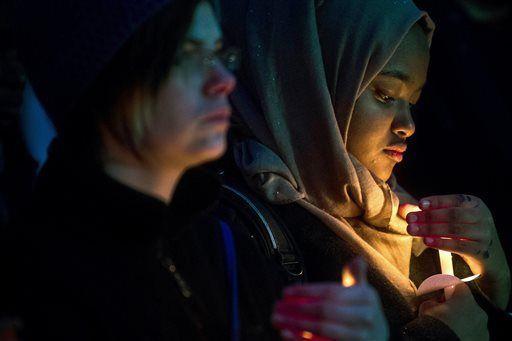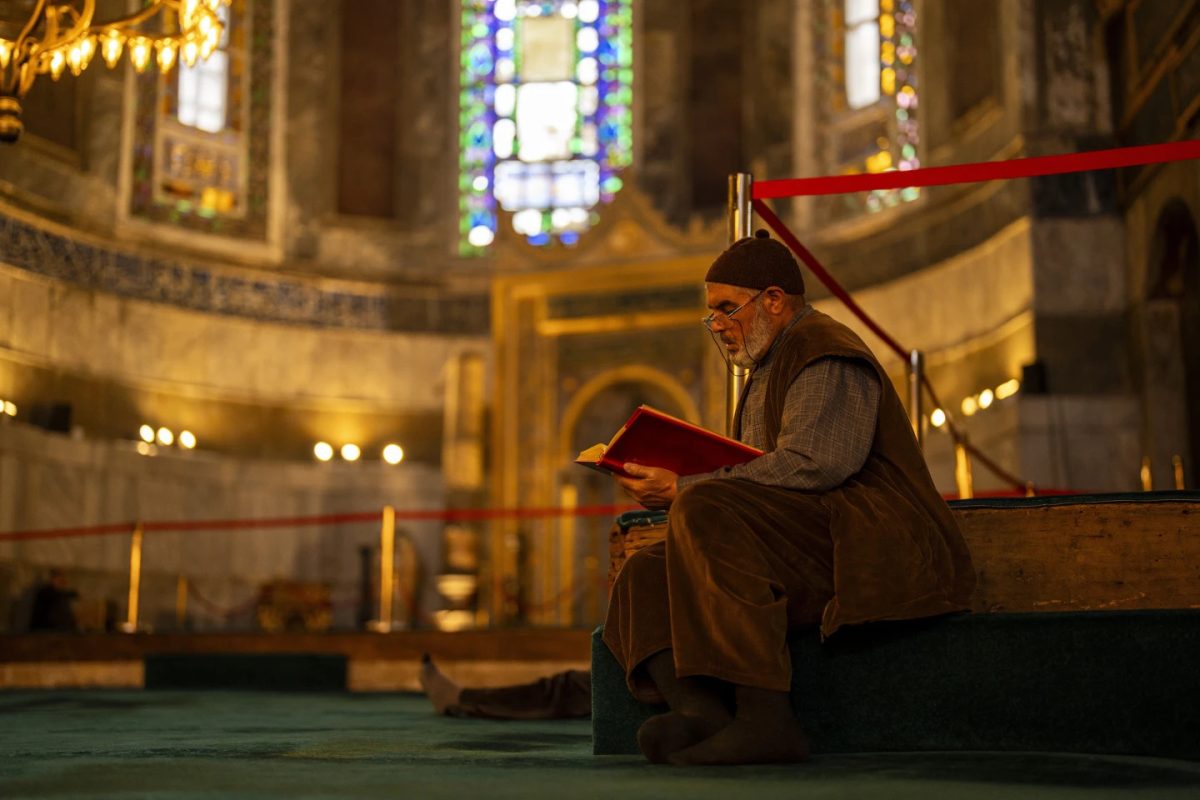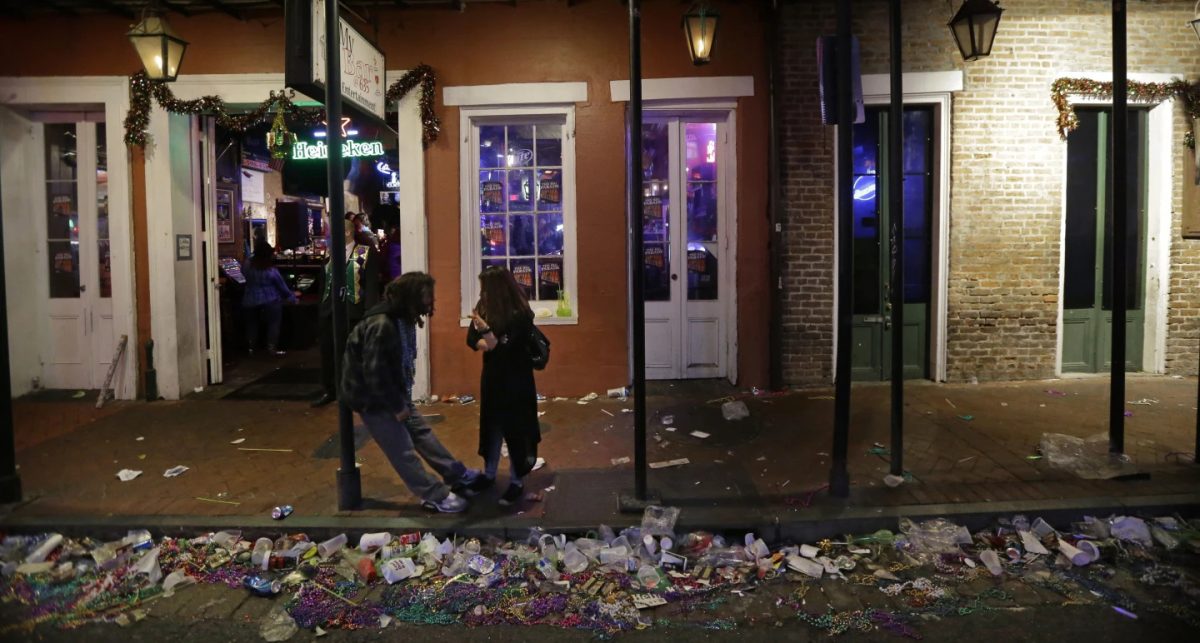In Western media, Muslims only make the news when they’re behind a gun — not in front of it.
That was Afghan journalist Abdullah Azada Khenjani’s response to last Tuesday’s triple murder of Deah Shaddy Barakat, Yusor Mohammad, and Razan Mohammad Abu-Salha in Chapel Hill, North Carolina. Khenjani, along with many others, expressed outrage over the perceived lack of mainstream media coverage of the shooting.
Many people only learned of the triple homicide when it began to trend on social media.
Facebook and Twitter users were quick to raise suspicions that mainstream news outlets were late to pick up on the story because the three victims were Arab Muslims, while their murderer, Craig Hicks, was a white atheist.
Khenjani is far from alone in his sentiments. People around the world suggested that, if the ethnicities and ideologies in the situation reversed, U.S. media would have launched a frenzied investigation into the situation.
They are probably right.
The media and public outcry would likely be on par with the response to January’s Charlie Hebdo shootings had the murderer been Arab or Muslim. And the murders would most certainly have been labeled an act of terrorism.
Instead, the Chapel Hill Police Department was quick to suggest that “an ongoing neighbor dispute over parking” may have been the motivation for the execution-style killings.
Given the current level of anti-Muslim sentiment in the U.S. and the shooter’s documented disdain for religions of any kind, the Chapel Hill shootings seem more like a hate crime than a parking dispute.
While investigators admitted they had not yet ruled out the possibility of Islamophobia, Hicks’ indictments mentioned only three counts of homicide and discharging a firearm in an occupied dwelling.
At least hate was not completely ruled out.
Of course, had the roles been reversed, a grand jury would likely still have refrained from a hate crime indictment — in favor of an indictment for terrorism.
U.S. media and the American justice system have a troubling history of avoiding labeling acts of violence “terrorism” when they are not committed by Arabs or Muslims and for jumping to conclusions when they are committed.
Consider Jared Loughner, a white man who, in 2011, shot and killed six people and injured 13, including former U.S. congresswoman Gabrielle Giffords, in Tucson, Arizona.
Loughner was a self-described terrorist with radical conspiracy theories about the U.S. government. However, terrorism was not among his indictments, and officials and the media did not refer to the shooting as an act of terror.
In contrast, the Boston Marathon bombing was hastily labeled an act of terrorism before suspects were even announced. The label was likely based on early suspicions that the bombers were Muslims.
Last Tuesday, Western Islamophobia and U.S. media’s post-9/11 association of Muslims with terrorism combined to create a perfect storm in the Chapel Hill shootings.
To some, it’s abundantly clear that glaring problems exist in both U.S. media and our justice system when it comes to terrorism or hate crimes committed by non-Muslims. Luckily, these are problems we can remedy.
As a first step, communities can improve reporting systems for hate crimes in order to encourage more people to come forward. An increase in the reporting of violence will serve to discredit the notion that Arabs or Muslims are the sole perpetrators of hate crimes or acts of terrorism.
If more Americans come to realize terrorism and hate crimes are not Arab or Muslim phenomenons, juries may become more willing to hand down terrorism indictments to those who deserve them, regardless of ethnicity or religion.
But it will only happen if mainstream media outlets show Americans that anyone can commit a hate crime. It will only happen if tragedies like the Chapel Hill shootings are reported with the urgency and thorough investigation they deserve. It will only happen if our news outlets decide that — as the newly appropriated hashtag proclaims — Muslim lives matter.
Alex Mendoza is a 22-year-old political science and international studies senior from Baton Rouge. You can reach him on Twitter @alexmendoza_TDR.
Opinion: U.S. media and justice system encourage hate crimes against Arabs and Muslims
By Alex Mendoza
February 18, 2015

FILE – In this Feb. 11, 2015 file photo, University of Michigan-Flint freshman Lina Eltahir, 17, right, stands with others at a candlelight vigil at the school in Flint, Mich., in memory of three people who were killed near UNC-Chapel Hill, N.C. Vigils across the county popped up in the wake of this tragedy. “I don’t know that I’ve ever seen this many vigils come together this quickly and be so well attended,” said Zahra Billoo, executive director of the Council on American-Islamic Relations’ San Francisco Bay Area chapter. “It gives me relief that the three young people in Chapel Hill inspired so much mobilization and love and activism.” (AP Photo/The Flint Journal, Jake May, File) LOCAL TELEVISION OUT; LOCAL INTERNET OUT
More to Discover









